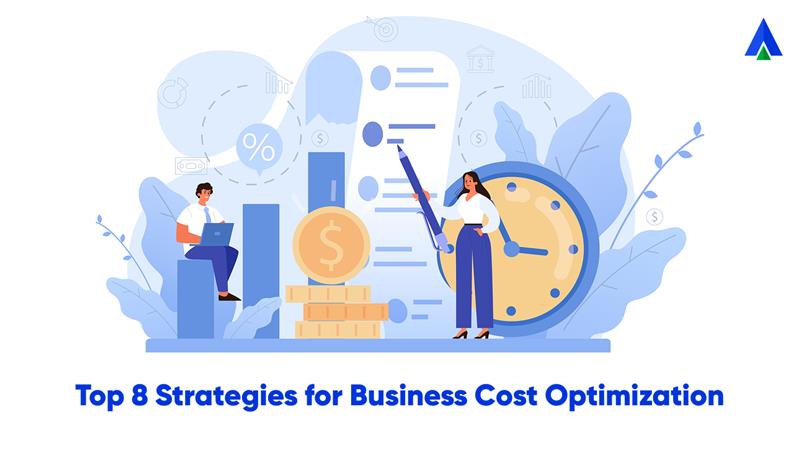Over the past many months, as the world has battled a global medical emergency, the changes thrust upon us have not been restricted to any specific sector or aspect of life alone. Business practices and consumer expectations have evolved rather fundamentally and in a very short while. There are two specific aspects to this evolution which merit attention.
First is the fact that the way and the means with which consumers interact with brands has completely changed from what it was just a few months ago. Smartphones are the new storefront and you’ve got to put your best foot forward. This is where an ever-increasing portion of consumers would come to experience, discover, and interact with your brand.
Secondly, it has also taken away the advantage of the location that some businesses have held onto till now. It has levelled the playing field and information has truly been democratised, with customers having access to all of it before they make a choice.
This has birthed a new customer, one who can’t be taken for granted for even a split second. Hence, this only builds upon the criticality of excellent customer service for any business irrespective of size or sector.
Modern consumers do their own research, they’re in control of their own journey, and they also have a social voice which goes far, especially if it pertains to dissatisfaction with a business.
To top it off, there is the reality that service requests placed by consumers these days have evolved to become layered, complex, and sometimes interlinked with the functioning of other verticals of the organisation. This calls for expertise and intervention from across the board.
What does all of the above add up to? Simple––it means that, for doing business the new way, new tools are just as important. Cloud-based systems and solutions make for the perfect fit in such a context, where their advanced capabilities help service all the new and emerging consumer demands and needs in the most cost-effective manner possible.
How to guarantee excellent customer service with maximum efficiency
Following are seven important practices and tools to adopt if you want your business to deliver excellent customer service consistently:
1. Hire right
A company’s employees are its chief diplomats and assets. Via them, an organisation forms and maintains customer relations that keep it in business; theirs is a vital responsibility. Thus, extra care is needed before you take someone on board as a part of your team. Take that extra time while hiring to ensure that the individuals are up to the task.
How do you attract and, then, retain this type of talent? It’s quite simple actually––offer decent salaries and provide other appealing benefits alongside a well-defined path of promotion.
There should be periodic appraisals in the organisation as it keeps the morale of the employees high. Make the job fun-to-do and ensure employee satisfaction. If a business can hire and retain exceptional talent, exceptional customer service will follow.
2. Correctly set consumer expectations
Customers tend to expect nothing but the best, no matter the service/product at hand. But from a business’s perspective, always promising them the world may not be the best tactic to adopt. This is because you will often end up over-promising and under-delivering, the worst combination there is.
A better way is to inform customers what they should realistically expect from the company and then work super hard to make sure you meet and exceed those expectations. Customers understand that your business is willing to walk the extra mile. You don’t even have to worry about damage control for promises unfulfilled.
3. Focus on getting the basics right
Businesses, especially in uncertain times like these, tend to rapidly lose focus. They often, in pursuit of multiple and varying objectives, end up messing with the very basics which got to start in the first place. This has become even more true as customers have become more connected.
Be it communications, service timelines, or responsiveness––it is critical to nail the basics if you want to ensure excellent customer service. If a client has a bad experience, they can easily start conducting business with just about any other competitor—often with nothing more being needed than a few taps on the screen.
4. Maintain focus
There are two aspects to this statement. Firstly, for example, in the aftermath of the pandemic, all sorts of random firms are now making toiletries and hygiene goods.
If it’s a temporary measure then that’s okay, but many are thinking of it as a permanent pivot. Even Kodak is making medicines now! If you decide to make such a sudden pivot, it is important to consider if you will be able to serve the customer base that follows.
The second aspect of this is to first make a choice of all the platforms that your consumers are present on and likely find to be relevant. Then double down on your presence on these platforms. This brings up a problem though––how to gain a certain amount of coherence in management of all these platforms and your presence on them.
This may be one reason why many organisations now choose to use world-class contact center solutions in order to manage all their customer service requests. This actually makes a whole lot more sense than maintaining a half-done, poorly-maintained presence on all possible platforms with nothing to gain out of such a practice. This also takes away focus from the one thing which truly matters––customer satisfaction.
5. Constantly collect data
Data is considered to be the holy grail of effective customer service. The idea is that instead of a customer having to enter all their details every single time they have a service request, brands should proactively be able to identify them. This will help shave off all the extra steps and time both for themselves and the consumer as well.
Over the last few years, businesses have been internally generating an insane amount of data on their customers. This is obvious in fact, given the reality that every single interaction which an individual makes with an organisation generates multiple data points on a number of indicators. Organisations, of course, store that data, process it, and use it to gain insights and improve their ways of functioning. This surely adds on positively to their overall service levels as well.
6. Be where your consumers are
The world of consumer service and engagement has expanded vastly beyond the traditional one that we’ve always known. Even short video platforms like TikTok are spaces where brands go to conduct serious business these days.
This often props up as a challenge for businesses as they have more platforms than ever to engage with their consumer base. But then, they also have more spaces where they can make errors, let consumers down, and deteriorate their brand image more broadly.
From legacy telephones to mobile devices, to social media, and anything beyond, an omnichannel customer service setup will show your customers that you care enough to be present wherever they are instead of them having to shift to a platform of service of your choice.
7. Customise and personalise it
The capture and processing of data by businesses help them customise and personalise service delivery for individuals customers. However, this can only be achieved by using structured, advanced tools geared for doing so. This is exactly where Customer Relationship Management or CRMs step up to the task.
CRMs allow businesses to essentially develop a profile internally for each customer, that too at scale. It allows for data gathering, analysis, tracking, etc. It also allows for collaboration within the organisation basis this data across multiple platforms and for different use cases.
This enables organisations to transform their existing archaic practices into modern, personalised customer service delivery platforms. There exists, of course, a definitive linkage between reliable service and consumer loyalty. This isn’t something any business can afford to skimp on at all.
Wrap Up
In the world that we would emerge into post the pandemic, all existing trends which businesses have been trying to come to terms with would be vastly more solidified. Conditions and contexts of operations and service are evolving faster than it ever has before.
Organisations have to mandatorily adopt and adapt, as well, if they are to thrive and grow within the context of new business realities. Delaying it instead would bring about redundancy and decay.
Check out Acefone’s services to boost your customer service. Call 1888-859-0450 now or drop an email at [email protected].














